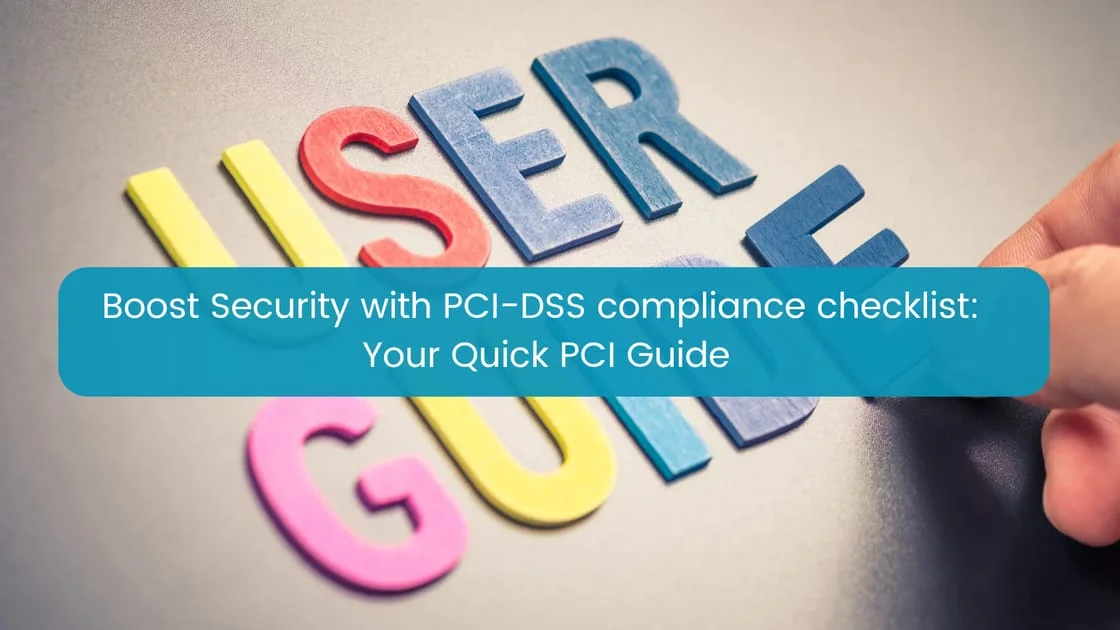
PCI DSS 4.0.1: 2025 Compliance Guide
Get Secure Payment Solutions
Protect your customers' card data with Paytia's PCI-compliant phone payment solutions.
The Payment Card Industry Data Security Standard (PCI DSS) version 4.0.1 brings significant changes for businesses processing telephone payments. With the March 31, 2025 compliance deadline rapidly approaching, organizations must understand the new requirements and implement comprehensive security measures to maintain compliance and protect customer data.
For foundational understanding, read our PCI Compliance Levels guide and Hidden Risks of Phone Payments.
Critical Changes in PCI DSS 4.0.1
Version 4.0.1 introduces enhanced security requirements specifically targeting telephone payment environments, addressing emerging threats and technological advances:
Enhanced Authentication Requirements
- Multi-Factor Authentication (MFA): Now mandatory for all personnel with administrative access to cardholder data environments
- Customized Approach Options - Alternative implementations allowed if they meet security objectives with compensating controls
- Authentication Testing: Enhanced validation requirements for authentication mechanisms
- Session Management: Stricter controls for user session timeouts and re-authentication
Network Security Enhancements
- Network Segmentation Validation - More rigorous testing and documentation of network segmentation effectiveness
- Encryption Standards - Updated cryptographic requirements reflecting current best practices
- Wireless Security - Enhanced requirements for wireless networks in payment environments
- Network Monitoring - Expanded logging and monitoring requirements for network traffic
Vulnerability Management Updates
- Authenticated Scanning: Requirements for authenticated vulnerability scans in addition to network scans
- Penetration Testing: Enhanced methodology requirements for annual penetration testing
- Patch Management: Stricter timelines for security patch deployment
- Asset Inventory: Comprehensive asset tracking and classification requirements
Telephone Payment Specific Requirements
Call Recording and DTMF Protection
PCI DSS 4.0.1 places specific emphasis on protecting payment data in telephone environments:
DTMF Masking Requirements
- Real-Time Suppression: DTMF tones must be suppressed in real-time during payment data entry
- Recording Exclusion: Payment entry segments must be automatically excluded from call recordings
- Agent Isolation: Agents must not have access to customer payment data entry
- System Integration - DTMF masking must integrate seamlessly with existing telephony infrastructure
Implementation Strategies for Organizations
Organizations must develop comprehensive implementation plans to meet the March 2025 deadline through systematic assessment, technology evaluation, and phased deployment approaches that minimize operational disruption while achieving full compliance.
Compliance Timeline and Critical Actions
- Immediate Assessment: Conduct gap analysis against PCI DSS 4.0.1 requirements
- Technology Selection: Evaluate and implement DTMF masking and encryption solutions
- Staff Training - Comprehensive security awareness and compliance training programs
- Validation Process - Complete Self-Assessment Questionnaire and compliance certification
So to wrap up
PCI DSS 4.0.1 compliance by March 31, 2025, requires immediate action from organizations processing telephone payments. The enhanced requirements reflect evolving security threats and technological advances. Organizations implementing comprehensive security solutions including DTMF masking, enhanced authentication, and staff training will achieve compliance while strengthening overall payment security posture.
Ready to Secure Your Payment Processing?
Paytia provides secure, PCI DSS compliant payment solutions that protect your business and customers. Learn how we can help you reduce compliance burden while improving security.
Ready to Secure Your Phone Payments?
Reduce PCI compliance burden by up to 85% while improving security. Contact Paytia today.
